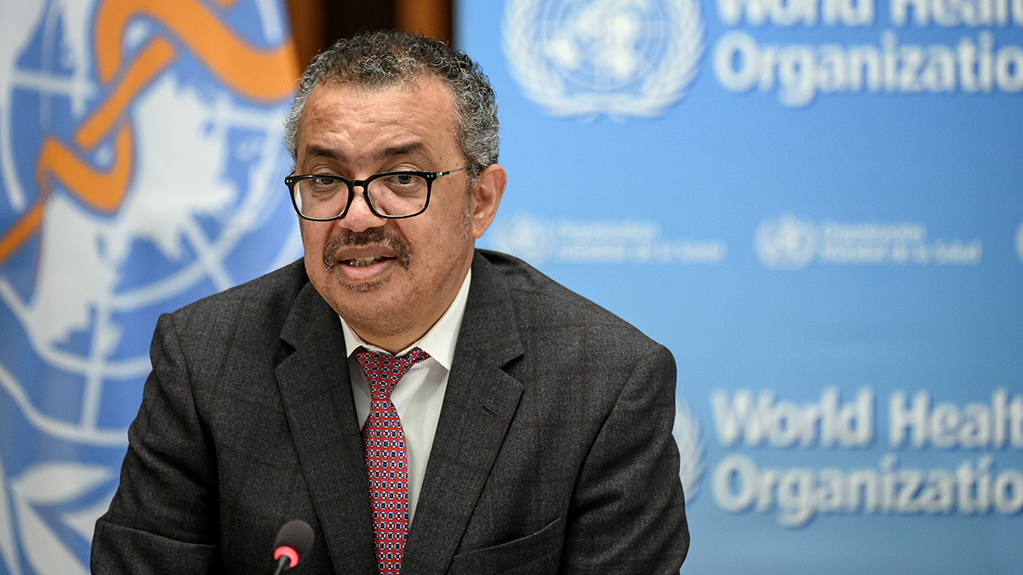WHO Director-General Dr. Tedros Adhanom Ghebreyesus has determined that the upsurge of Mpox, also known as monkeypox, in the Democratic Republic of the Congo and a growing number of countries in Africa constitutes a great concern.
News
Trending stories
- 1 Former Prime Minister Garibashvili Sentenced to Five Years in Prison After Plea Deal
- 2 Otar Partskhaladze Charged with Organizing Murder of Businessman Levan Jangveladze
- 3 Shalva Papuashvili Says Georgian Dream Filed Complaint with BBC
- 4 Georgian Dream Party Further Tightens Grants Law, Introducing Up to 6 Years in Prison
Speaking at the press conference, Ghebreyesus noted that the World Health Organization is effectively managing the situation and fighting the disease through coordinated efforts.
“Today, the emergency committee met and advised me that in its view the situation constitutes a public health emergency of international concern. I have accepted that advice. The detection and rapid spread of a new claid of Mpox in Eastern DRC and its detection in neighboring countries that had not previously been reported Mpox and the potential for further spread with an Africa and beyond is very worrying,
in addition to other outbreaks of other plates of embox, in other parts of Africa, it's clear that a coordinated international response is essential to stop these outbreaks and save lives.
Who is on the ground working with the affected countries and others at risk through our country and regional offices, as well as with partners, including the Africa CDC, NGOs, civil society and more. For example, we are providing machines to analyze blood samples and confirm cases of Mpox. We are supporting laboratories to sequence viral samples. We're on the ground supporting case investigation and contact tracing, risk communication and community engagement. We’re training health workers and supporting clinicians to provide appropriate care,” said the head of the WHO.
Monkeypox manifests on the skin as purulent ulcers and blisters in humans. The rash varies depending on the disease's phase and may resemble symptoms of chickenpox or syphilis. After about 3-4 weeks, the virus typically disappears. It is mostly fatal in children. The incubation period for monkeypox ranges from 7 to 21 days. Symptoms include headache, muscle and back pain, fever, chills, weakness, and swollen lymph nodes. Currently, there is no specific therapy or vaccination for the disease. However, doctors believe that the standard smallpox vaccination also provides protection against monkeypox.
It is important to note that the World Health Organization has declared a global emergency due to monkeypox for the second time in the past two years.















